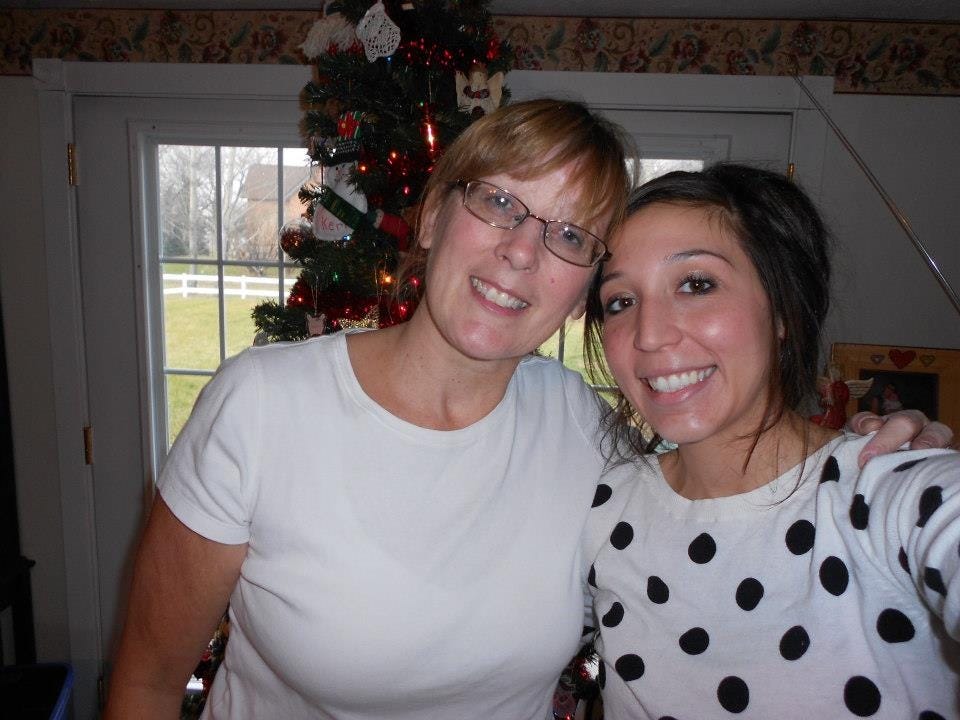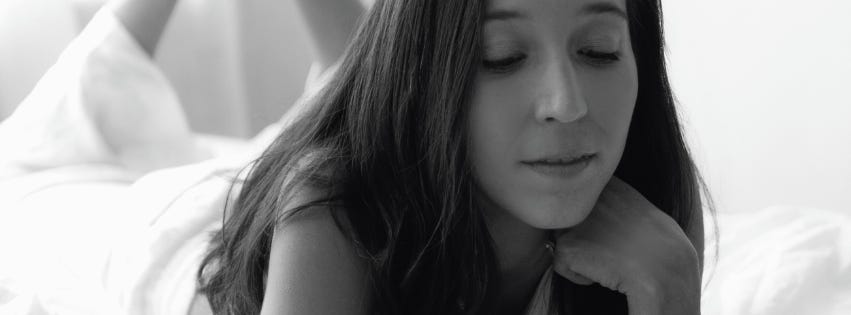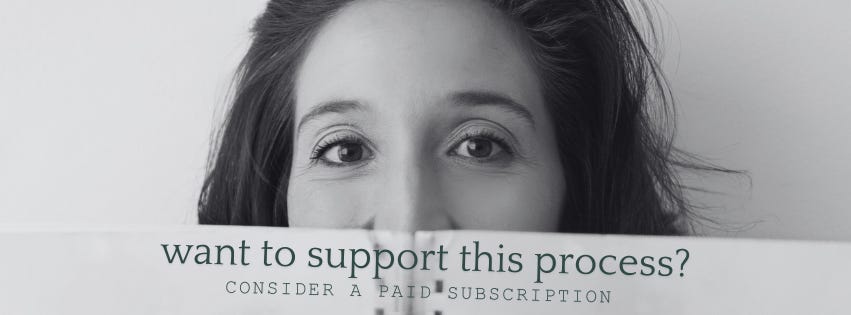“Keri, you have to promise me, if anything happens to me and your dad, you promise me you won’t worry about our things. It’s just stuff. And it doesn’t mean anything. You are not responsible.”
Okay, Mom, I’m going to stop you right there. What are you talking about???
That conversation, one that still reverberates in my chest, happened just weeks before she passed. It felt like a passing moment, but in hindsight, it was a gift wrapped in the inevitability of grief. I resisted hearing her, rejecting the very idea of losing her. But she knew. She knew I would need to hear these words, to carry them with me, to hold them tight in the days to come.
It’s just stuff. And you are not responsible.
A simple message, yet it became a beacon. My mom’s words, delivered with the gentle urgency of a woman who had weathered life’s storms, held weight beyond their simplicity. She was preparing me for a world where the very things we cling to—our possessions, our markers of success, of self-worth—would be stripped away. And when they were, I would be left with the knowing: we are not our things.
That knowledge stayed with me, even as my world fractured. My parents, my rock, taken from me in an instant by tragedy. The weight of a world that asks too much, that demands too much. It wasn’t just a gun that took them; it was the culmination of years of stress, of shame, of feeling like they didn’t have enough. Not enough money, not enough time, not enough support to carry the burden any longer. My dad was battling addiction, struggling to find his way through his own darkness. My mom, doing all she could to keep us afloat, giving everything she had, lived in a constant state of unsustainable effort. Weeks before their deaths—homicide and suicide by cop—my mom shared that message with me. I didn’t want to hear it then, but now, I hear it louder than ever.
It’s just stuff.
And she was right. That message, at first so hard to grasp, became the compass guiding me through the most profound grief. The pressure to hold on to possessions—the things my mom and dad had worked so hard for—came from everywhere, but especially from those who couldn’t cope with the magnitude of the loss. Family clung to the things. The stuff.
But here’s the thing: that’s not where the meaning lies. It’s not in what we own. It never was.
In the weeks that followed their sudden death, I was left in shock, unprepared for what I would have to face next. I didn’t have the chance to hold on to everything I wanted to keep. Most of the things that meant the most to me were damaged when the basement flooded after the power went out. I also witnessed the grasping of things by family members, and even friends who had promised to help store my parents’ belongings but instead ended up selling them through Facebook Marketplace. It was devastating, but it taught me a profound lesson in letting go. Through all of this, I could hear my mom’s words echoing in my heart. She had prepared me, weeks before, for this very moment. Let it go. Thanks to her, I could forgive myself for not getting to their things quickly enough, and for trusting the wrong people with their possessions. And I could also forgive the family who clung so tightly to them, unable to release what they didn’t truly own. I understood then, in my deepest grief, that I wasn’t responsible for their things. I was only responsible for holding their memory, for carrying the lessons they gave me.
In her death, my mom gave me the greatest gift. She helped me understand that our worth, and the worth of those we love, isn’t measured by what we own. We are not our things. We are what we give, what we share, what we are in the world.
I see it so clearly now, in the years that have passed since her death. I see how many people—too many people—still live in the cycle where their worth is equated to what they own. It’s a trap. The pressure to consume, to buy, to collect, to keep up—it’s everywhere. And it’s killing us. Not just in a literal sense, but in a spiritual one.
I see the stress, the sadness, the sacrifice in so many. And I feel it in my own bones, too. The weight of expectation that comes from living in a world that tells us we must have more. Be more. Do more. But here’s the truth: the greatest thing you could give me, the greatest thing anyone could give me, is to not give me anything at all.
Instead, buy something for yourself. Treat yourself to a massage, a yoga class, a moment of joy that speaks to your soul. Spend time with me. Let’s create memories that will outlast anything we could buy. Let’s be together, not just as people who share space, but as souls who create moments that define what really matters. That is the gift I need.
It’s just stuff.
And as I hear my mom’s voice echoing now, clearer than ever, I realize how much she gave me in that simple message. The permission to let go. To release the weight of the world, the weight of expectations, the weight of things.
We don’t need more stuff. We need more presence. More connection. More love. And we need to remember that our worth isn’t found in what we own, but in how we show up for one another, in how we give and receive love, in the moments we share.
This holiday season, and every season, let’s remember: we are not our things. It’s not about what we can buy or give; it’s about what we can be. We are enough. We have enough. What we offer each other, through our presence, through our care, through our love—that is what will carry us long after the things are gone.

ps: if there is anything you’d like to gift me, please consider pressing the ❤️ button at the top or bottom of this email. That let’s me know you were here and makes it even more possible for others to find me, my work and writing, and share in on this love and liberation ❤️ thank you!







💕
Such a beautiful reminder as I look at all of the things in my parents' condo. Even though Dad did a great job at getting rid of things - there is still so much. It's helpful to remember it's all just stuff. Something my dad would tell me all the time. Thank you!